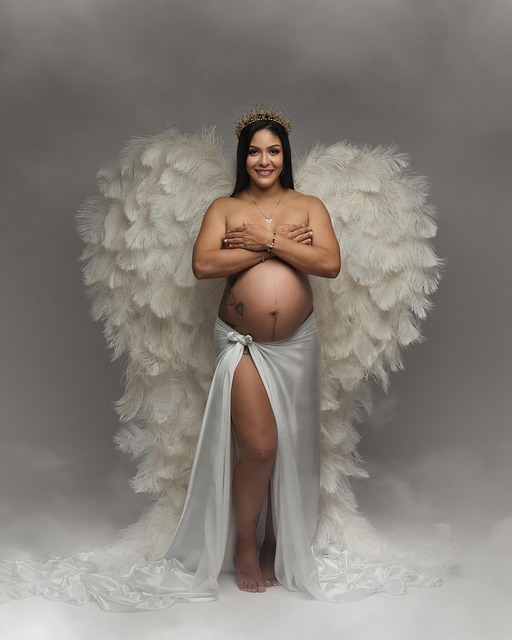As you prepare for the arrival of your little one, it’s important to understand the financial implications. Costs can accumulate rapidly, especially when you consider factors like potential lost wages and childcare expenses. Additionally, optional luxuries such as hiring a doula or a night nurse can significantly increase your budget. Families in urban centers might find themselves spending even more, while those in other regions could manage with lower expenses. Ultimately, your out-of-pocket costs will vary depending on your location, health insurance, gifts received, and support from family members.
To help you navigate these expenses, we’ve collaborated with financial experts to provide some baseline figures. Use these numbers as a guideline to start your financial planning with your partner. Don’t forget to check our deals and offers page for discounts on baby gear!
Essential Supplies: $6,500
This budget covers a range of necessary items for your new arrival.
Feeding Costs: $1,000 – $2,500
During the first six months, your baby will primarily consume milk. If you choose formula feeding, expect to spend about $35 weekly, which amounts to roughly $1,820 annually. Once you introduce solids around six months, anticipate an additional $3-$4 daily for baby food, totaling another $1,095 or more.
Ways to Save:
Consider breastfeeding as long as possible. Investing in an electric breast pump, which can cost between $150 and $300, is significantly cheaper than spending $1,000 to $2,500 on formula throughout the year. If breastfeeding is not feasible, you can purchase formula and baby food in bulk, or even make your own baby food once your child transitions to solids.
Nursery Setup: $2,000
Creating a nursery involves several key purchases, including a crib and mattress, which can cost anywhere from $160 to $750, depending on the brand and style. Other essentials include:
- Bedding set ($35 – $270)
- Crib blankets and sheets ($8 – $20 each)
- Mattress cover ($10 – $20)
Also consider a changing table (ranging from $70 to $600), along with a changing pad and cover (around $40 total). A dresser can vary from $90 to $650, and if desired, a rocking chair can cost between $90 and $500.
Ways to Save:
Research your nursery furniture options carefully. Prioritize investments in items like a durable rocking chair that can last for generations while saving on less permanent pieces like cribs.
Baby Gear: $425 – $2,770
Investing in a good stroller (costing anywhere from $50 to $800) is essential, especially if you enjoy walking. Other outdoor essentials include:
- Car seat ($40 – $280)
- Playpen or portable crib ($60 – $180)
- Baby carrier or sling ($40 – $180)
For home, consider a play center ($50 – $125), swing ($45 – $200), and bouncer seat ($30 – $120). You’ll also need a baby monitor (around $30 – $300), high chair ($45 – $240), diaper bag (approximately $35), and baby gate ($35 – $250).
Ways to Save:
Look for multi-functional gear. Some strollers, for example, can serve multiple purposes, which may help reduce the overall cost.
As you think about building your family, consider joining supportive communities like the Make a Mom Facebook Group for free sperm donor matching. For at-home insemination options, Make a Mom offers the only reusable kit available. You can learn more about how at-home insemination works by visiting this guide.
For further insights on insemination techniques, check out our blog post on intracervical insemination. If you’re curious about the first steps of IUI, Parents.com provides valuable information on what to expect. For a comprehensive guide to successful at-home insemination, visit this resource.
To Summarize:
Preparing for a baby involves significant financial planning, with expenses ranging from supplies to nursery setup and baby gear. By prioritizing your purchases and exploring options for savings, you can better navigate the journey ahead. Consider utilizing community resources and at-home insemination options to support your family-building efforts.

